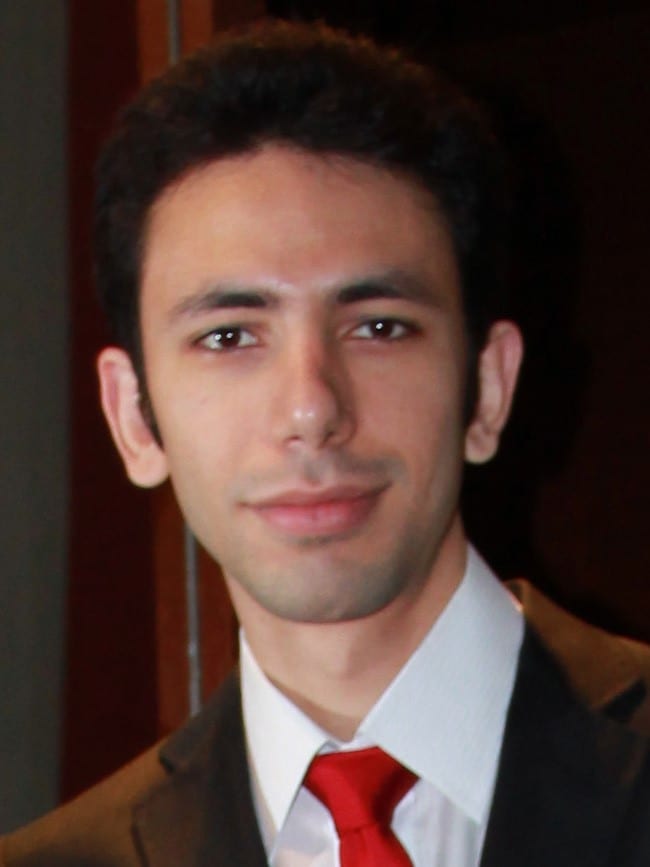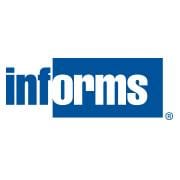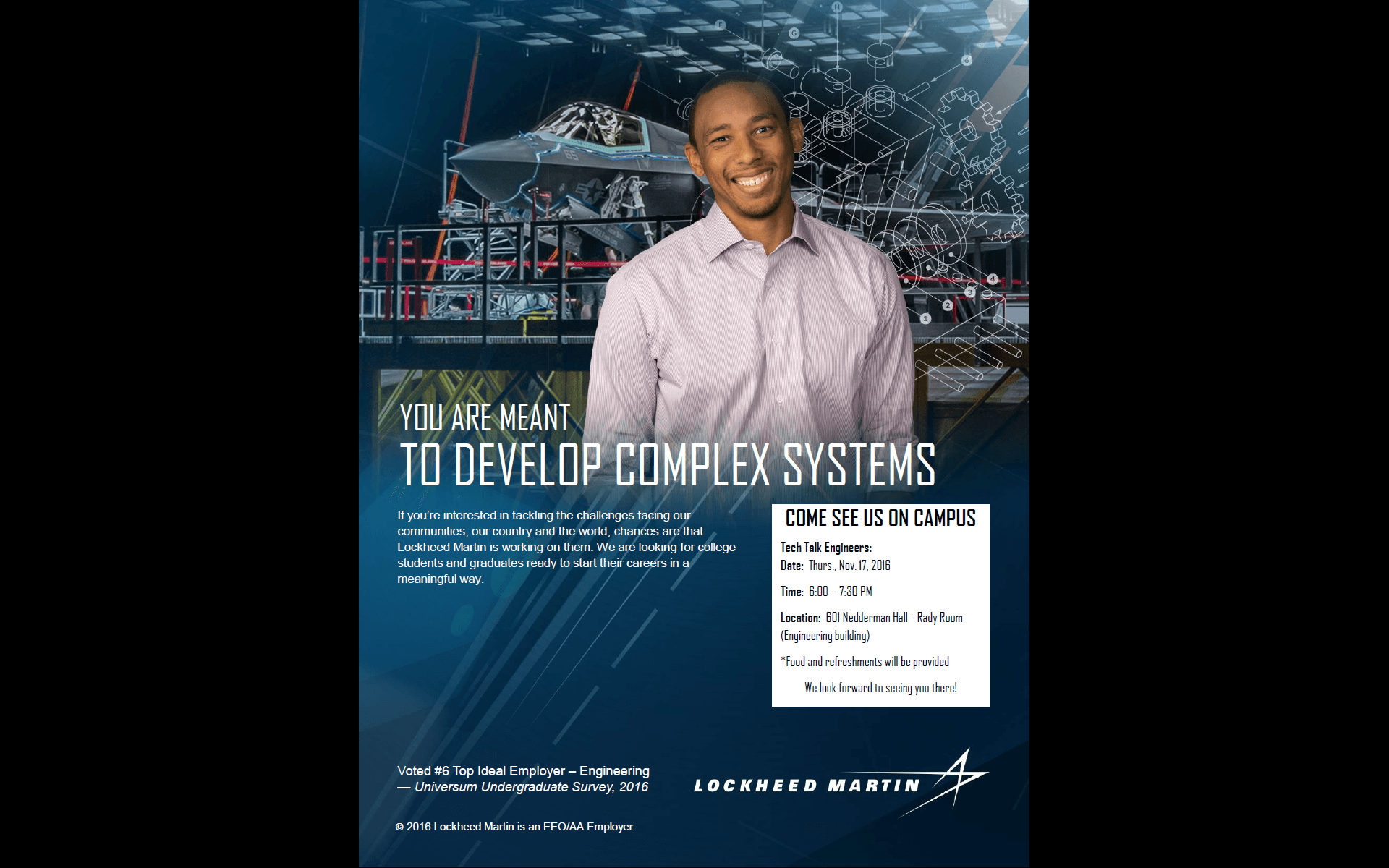
Dr. Ramtin Madani from the Department of Electrical Engineering from the University of Texas at Arlington will present at the Seminar Monday March 27 at 1:15pm in Nedderman Hall 106. Dr. Madani’s presentation title, abstract, and biographical sketch are below.
All students and faculty are encouraged to attend. Attendance is expected for GTAs and on-campus GRAs. There will be signature sheets for GTA’s located in the room. Please sign in to note your attendance.
Author: Dr. Ramtin Madani
Title: Mathematical Programming Methods for Control and Optimization of Power Systems
Location: Nedderman Hall Room 106
Time: 1:15pm – 2:15pm
Abstract: This talk is concerned with the development of efficient computational methods for the design, operation and control of power systems. Due to difficulties such as the nonlinearity induced by laws of physics and binary parameters, several power system optimization problems cannot be solved based on a full model and have remained open for decades. Real-world approaches involve inherited approximations and heuristics, based on linearization and local search algorithms, that are believed to be costly and jeopardize the operation of the grid. We introduce a variety of graph-theoretic and penalized optimization techniques that facilitate performing fundamental, yet challenging optimization tasks such as the optimal power flow, state estimation and security constraint unit commitment. A novel method will be discussed for the classical problem of designing distributed controllers for stochastic systems with applications to renewable energy. Lastly, a distributed numerical algorithm with low-complex iterations is presented in order to address the need for solving large-scale conic optimization programs for power system applications. The goal is to develop the essential pieces for a powerful optimization and decision-making engine tailored for the modern grid requirements. The proposed techniques are simulated on real-world nationwide electrical systems.
Biographical Sketch: Ramtin Madani is an Assistant Professor with the Department of Electrical Engineering at the University of Texas at Arlington. He received the Ph.D. degree in electrical engineering from Columbia University in 2015 and was a postdoctoral scholar in the Department of Industrial Engineering and Operations Research at University of California, Berkeley in 2016. His research focuses on developing algorithms for optimization, control and design of real-world complex systems such as electric power grids. Ramtin Madani’s work has received the 2016 Best Publication Award in Energy from the Institute for Operations Research and the Management Sciences (INFORMS) Section on Energy, Natural Resources, and the Environment. His recent work has been a best paper finalist for the flagship conference of the Control Systems Society (53rd Annual Conference on Decision and Control).













